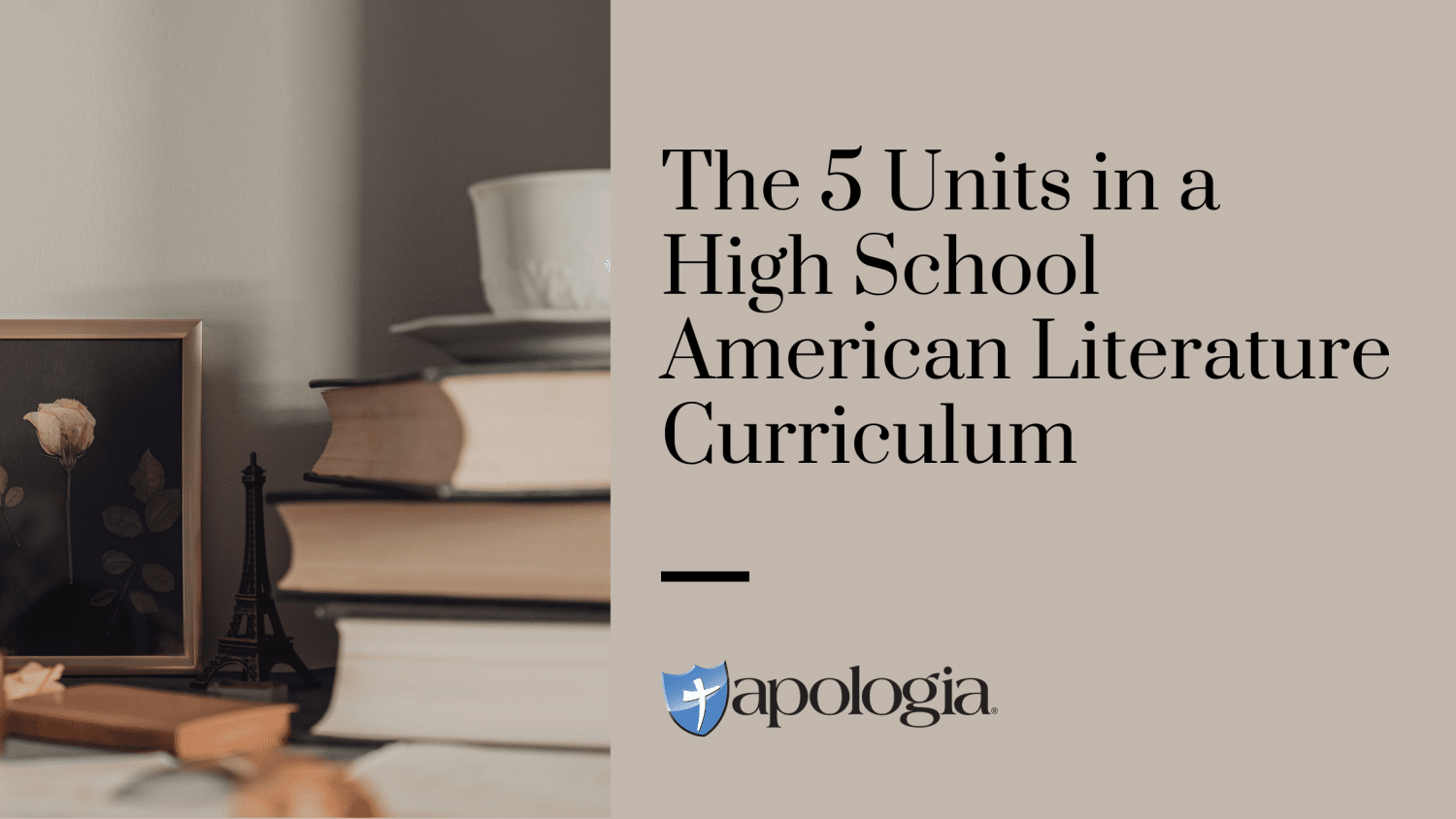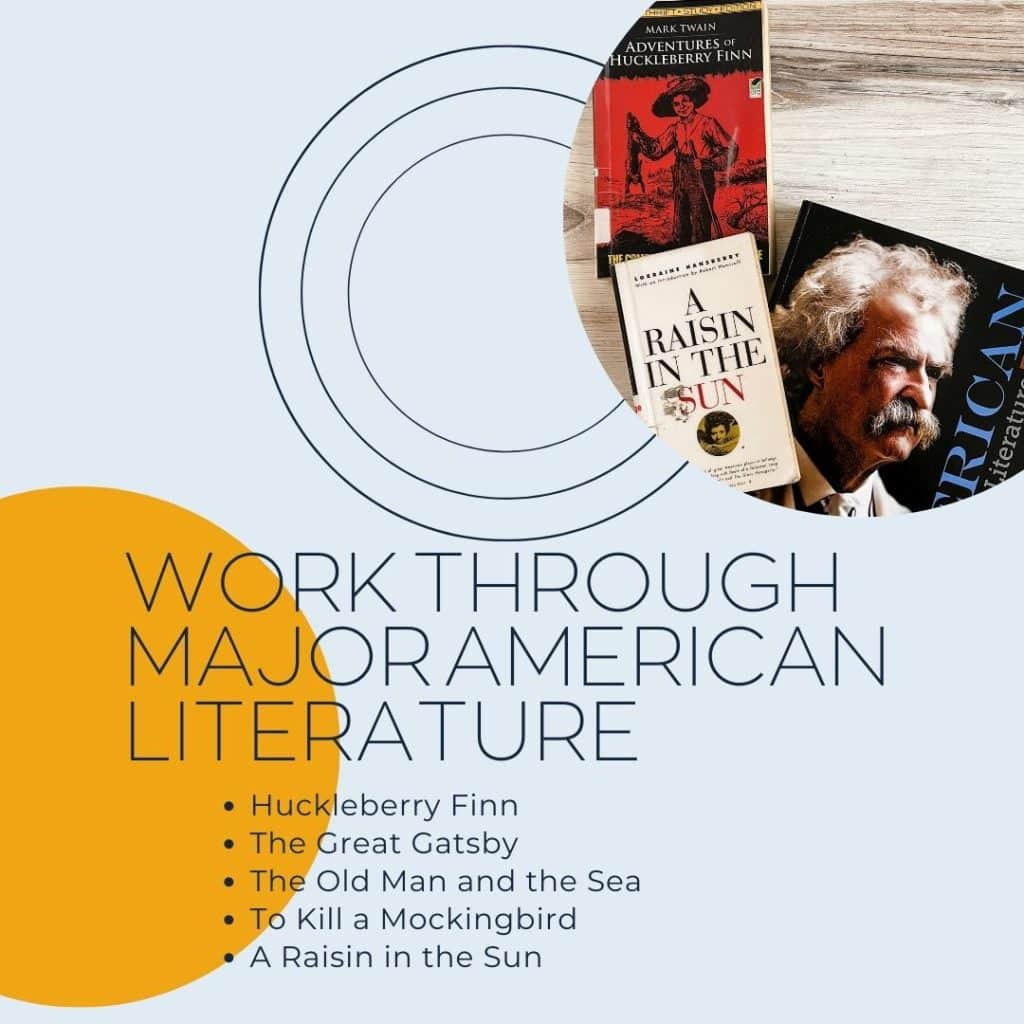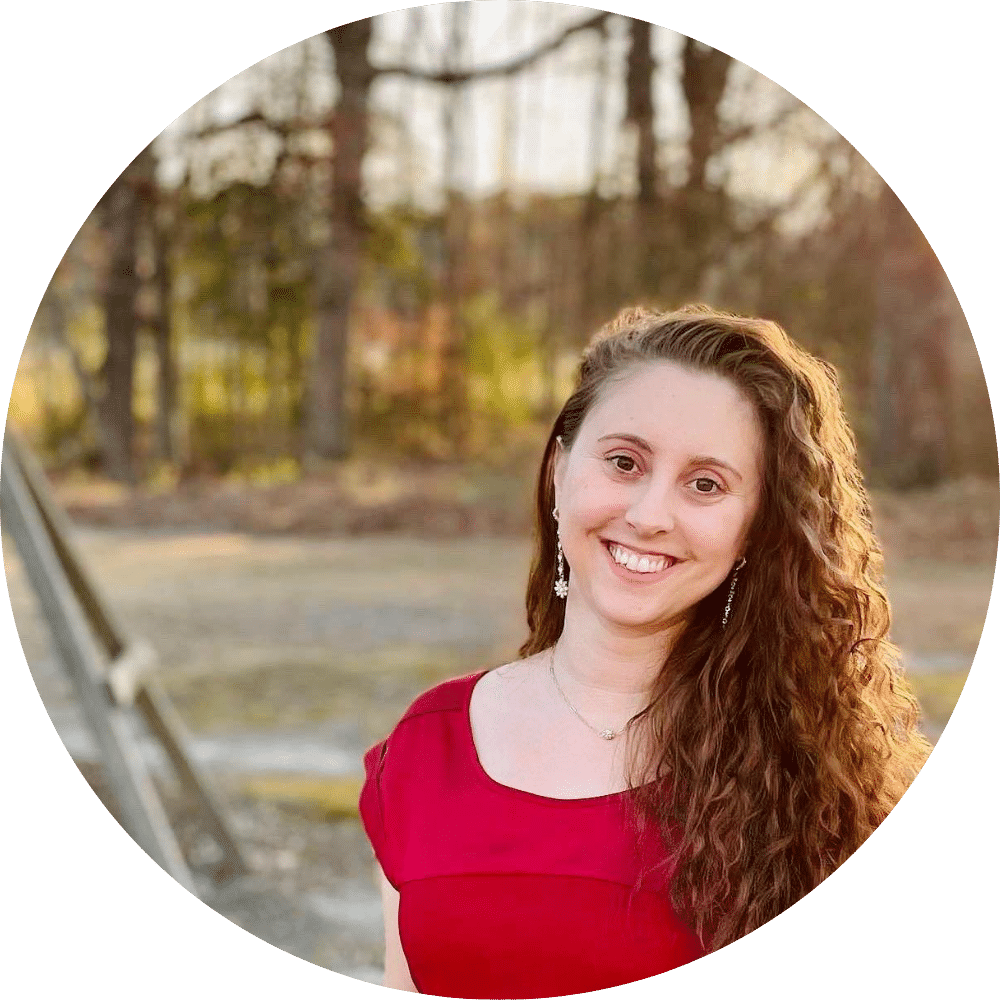
The 5 Units in a High School American Literature Curriculum
American literature is an endless subject that provides students with the ability to think critically and analyze different perspectives. This means exploring voices that have shaped the nation—both in history and through timeless storytelling.
Take a look at the five units in a high school American literature curriculum you’ll come across when teaching your students:
Unit 1: Early American Origins
This unie typically begins by exploring creation stories and Native American oral traditions, then gradually introducing early colonial writings and foundational documents.
Providing context into the literary concepts of America, this unit encourages reflection on storytelling, perspective, and cultural identity.
Read more: How to Keep Kids Motivated & Engaged When Homeschooling
Unit 2: The American Renaissance (Romanticism & Transcendentalism)
Part of these curriculua will likely involve studying the American Renaissance. You and your students can dive into themes of nature, individuality, and morality. Your students will explore works from the Romantic Period—like Emerson, Thoreau, Hawthorne, and Melville.
This unit helps them to reflect on how literature mirrored and shaped the ideals of a young nation, as well as how it evolved over this time period.
Unit 3: Realism & the American Experience
Studnets will also explore realism and the American experience as a concept in American literature studies. With a focus on post-Civil War literature, in this unit, you and your students can focus on the motifs within realism by reading works by authors like Mark Twain.
These voices challenge romantic ideals with gritty realism and social critique, grounding students in the changing American landscape and its complexities.
Read more: Why Apologia Live Classes Should Be Your Next Adventure
Unit 4: Modernism & the American Dream
In another unit, you’ll likely focus on the period of Modernism by using authors from the 20th century – such as Hemingway, and poets like Langston Hughes and T.S. Eliot.
During this unit, you can encourage students to think about how social upheaval and global change influenced literary form and cultural identity – both positively and negatively.
Unit 5: Contemporary Voices & Diverse Perspectives
An important period in history and literature are the post-World War II voices. Plan to discuss and explore multicultural and contemporary writers who address identity, justice, and modern America. Writers like Harper Lee and Lorraine Hansberry expanded the American canon and invited critical exploration of current issues.
Apologia’s American Literature Course
Planning to teach American Literature at home? Discover Apologia’s curriculum – built with engaging lessons and the tools your student needs to succeed. Explore our live class options and our flexible self-paced courses today.
Course Description

- An emphasis on reading whole works
- Novels, plays, short stories, poems, and other works from every major period and literary movement, from the Colonial to Modern Age
- In-depth study and analyses of whole works
- Biographical essays examining the background, culture, and beliefs of each author
- Meaningful, thoughtful study questions
- Extensive online solutions within Apologia’s Book Extras, offering greater insight and clarity to both parents and students
Dr. Whit Jones, Author and Literature Course Instructor
Dr. Jones is a professor of English at Bryan College, where for twenty-eight years he has taught Introduction to Literary Criticism (Theory), Shakespeare, Southern Literature, Lewis and Tolkien, the British literature surveys, and World Literature I, along with freshman, sophomore, and junior composition and literature.
He has published reviews, articles, and literary dictionary entries and many conference papers on literature as a member of both Christian and secular professional societies. His dissertation on Southern novelist Walker Percy won the William Dougald MacMillan Award for the best English-Department dissertation of the year in 1997 at the University of North Carolina at Chapel Hill, where he received his M.A. and Ph.D.



